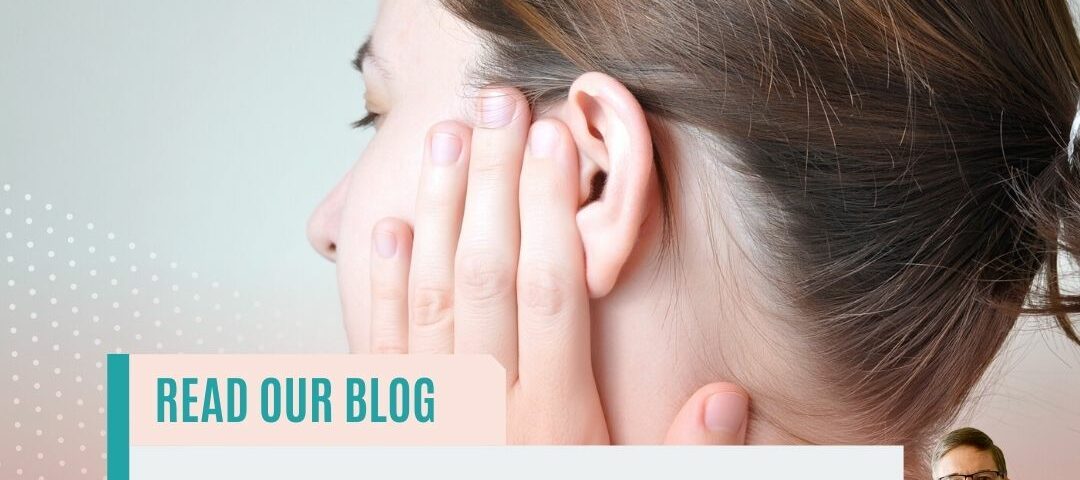
Insufficient sleep tied to increased calorie consumption, fat accumulation, and overweight
April 26, 2022
Exercise is powerful medicine for depression or anxiety
April 28, 2022What supplements or lifestyle changes reduce or worsen tinnitus?
Myriad supplements are promoted for reducing symptoms of ringing in the ears (tinnitus). But do any work? And, could any actually worsen the problem?
My long-time readers know of my admiration for the work of the experts at ConsumerLab.com when it comes to natural medicines (herbs, vitamins, or supplements). They recently determined only two supplements for tinnitus are supported by clinical evidence. In addition, they tell us some supplements can worsen tinnitus and some lifestyle changes can improve it.
Supplements that MAY reduce symptoms of tinnitus
- Two clinical studies suggest that pine bark extract (Pycnogenol) may improve blood flow to the inner ear and reduce symptoms of tinnitus.
- In addition, melatonin has been found to reduce tinnitus symptoms in some, but not all, studies. Melatonin may also increase the effectiveness of sulpiride (Dogmatil), a drug prescribed for tinnitus, and improve sleep in people with the condition.
Supplements NOT proven to help with tinnitus
- Some studies have found deficiencies in vitamin B-12 and zinc are common in people with tinnitus, however, supplementation has not been found to be helpful for improving symptoms.
- Low blood levels of manganese have been associated with a higher risk of regularly experiencing tinnitus in people who have it. However, a study found that taking manganese did not reduce symptoms of tinnitus and appeared to cause side effects.
- Ginkgo biloba and CoQ10 are promoted for tinnitus, but there is no substantial evidence that these are helpful.
- The supplement Lipo-flavonoid is touted for tinnitus use, but this appears to be based on very weak, dated evidence.
- Helichrysum oil is promoted as being able to reverse tinnitus when applied as a few drops on the ear lobe or behind the ear, but there does not appear to be any clinical evidence to support this claim.
Supplements that CAN CAUSE tinnitus
- Although not very common, tinnitus has been reported as a side effect of stimulant dietary supplements for weight loss.
Lifestyle modifications that MAY HELP tinnitus
- There is some evidence that dieting and exercise may reduce symptoms of tinnitus in people who are obese.
- A small, preliminary study among men and women (average age 55) with significant, long-term tinnitus (average 11 years) who underwent an 8-week, internet-based cognitive behavioral therapy (CBT) program that focused on relaxation and positive imagery techniques, observing and challenging thinking patterns, and improving sleep habits found that 70% (16 out of 23) of participants had a clinically significant reduction in tinnitus severity (a reduction of at least 20 points out of 100 on the Tinnitus Functional Index (TFI)) compared to severity before participating in the therapy.
Does coffee/caffeine make tinnitus worse?
- Although some experts have recommended avoiding caffeinated coffee or drinks due to the potential for caffeine to increase blood pressure, which may worsen tinnitus, there does not appear to be evidence showing that coffee, or caffeinated beverages in general, worsen tinnitus.
If you know someone who suffers from tinnitus, feel free to share this information with them.
© Copyright WLL, INC. 2022. This blog provides healthcare tips and advice that you can trust about a wide variety of general health information only and is not intended to be a substitute for professional medical advice, diagnosis, or treatment from your regular physician. If you are concerned about your health, take what you learn from this blog and meet with your personal doctor to discuss your concerns.




